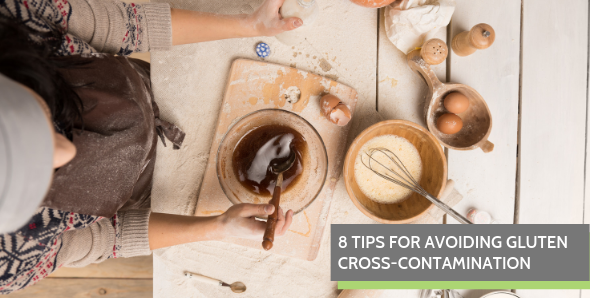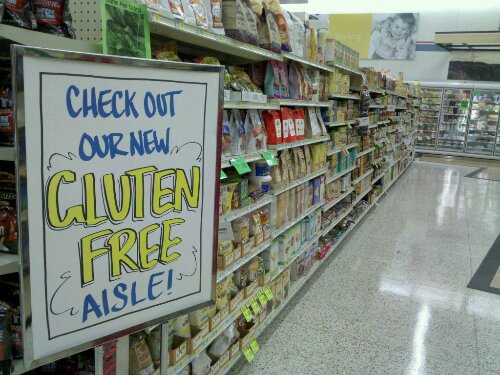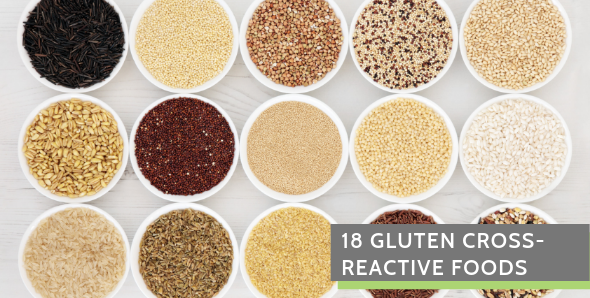
Gluten Cross Contamination Of Grains And Seeds

As if going gluten free wasn't hard enough, a study published in June of 2010 suggests that even foods and grains that are thought to be gluten free can be contaminated by gluten. This is worrisome to those of us who have a serious gluten sensitivity issue or Celiac Disease. Gluten is everywhere!
The study found that out of 22 sample of inherrantly gluten-free grains tested, only 9 were not contaminated with gluten. The rest had at least 8 parts per million (8ppm) and went as high as more than 2,000ppm. These are foods that do not have gluten in their molecular makeup.
So how did these grains and seeds become contaminated with gluten? Well, I have not read the entire study and am not certain if this was even addressed. But from what I've studied about gluten cross contamination, this can happen anywhere down the production line of these products. It could be the containers used to store and transport these products. It may be from the machines used in processing them, no matter how minimal the processing is. And it can even occur by transporting in the same vehicle as other gluten containing products.
This is often the case with oats. Oats are supposed to be gluten-free. However, they are often contaminated with gluten and cause a reaction in the gluten sensitive population. This is largely the reason why oats are not recommended for those on gluten-free diets. There are some brands that claim to be gluten-free, and might be safe.
So how do we resolve this issue? What do we do if we must avoid gluten and now can't trust even the gluten-free grains?
- My best advice is to embark on a grain-free diet. It's unfortunate, but may be necessary to prevent the unexpected contamination with this pesky protein.
- Purchase only grains and foods that are CERTIFIED gluten-free. Many come from completely gluten-free facilities and are transported far from possible contamination.
- I have seen some home kits available for testing for gluten. EZ-Gluten test kit claims to be accurate up to 10 ppm. I just hope that's sensitive enough for some of us Celiacs.
- Lastly, we should push for better labeling of gluten-free foods. Perhaps random testing of product should be a requirement for this label.
Remember, just because a package says "gluten-free" that does not necessarily guarantee it has zero gluten. It may just mean that there is no gluten on the ingredient list. But it does not guarantee a gluten-free processing or facility.
Your best bet is making your own food from scratch at home using whole foods. That's how it should be anyways, right?


